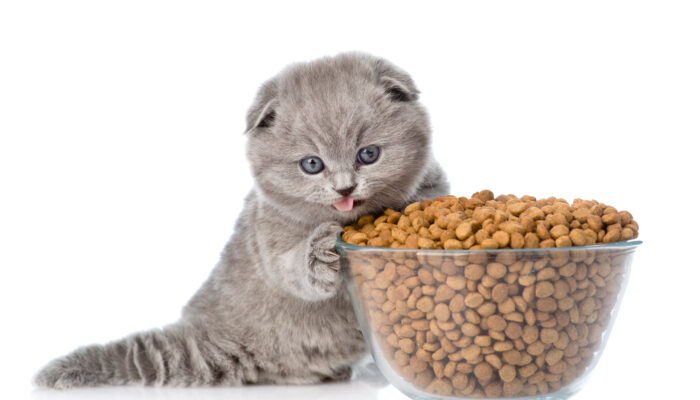
7 Lifestyle and Dietary Tips for IBS Patients
Irritable bowel syndrome, or IBS, is a condition that affects the large intestine. The symptoms range from mildly uncomfortable to severe and include bloating, gas, cramping, and diarrhea, constipation, or both. While over-the-counter medicines are available, making certain lifestyle changes and following healthy dietary habits can provide relief from the symptoms. Additionally, stress can often aggravate the symptoms of IBS, so it is important to find relaxation techniques to beat stress.
The following IBS dietary tips and lifestyle changes are just some of the strategies to help manage this condition:
1. Exercise
Regular exercise is a great way to beat stress, anxiety, and depression, and reducing stress can help relieve bowel discomfort. It is important to not over-exercise or under exercise; instead, start slow and gradually increase the time and intensity. The American Heart Association recommends exercising for at least 30 minutes a day for five days a week to curb the symptoms of IBS.
2. Relaxation techniques
Gastrointestinal discomfort can be managed with IBS dietary tips and relaxation techniques like progressive muscle relaxation, yoga, Tai Chi, visualization and garnering positive imagery, and diaphragmatic breathing.
3. Eat more fiber
Fiber can help improve regular bowel movement, but insoluble fiber may worsen symptoms like cramping and gas in some patients. On the other hand, foods with natural fiber like fruits, vegetables, and beans can help in some cases.
4. Chew thoroughly
Good eating habits go a long way in managing the condition. Chewing enhances digestion, and eating slowly and mindfully is one of the most effective IBS dietary tips as it can aid digestion and stave off IBS attacks.
5. Food choices
Some foods may trigger gastrointestinal pain, so it is important to identify the foods that aggravate the symptoms. Mentioned here are some of the common trigger foods for IBS:
- Beans
- Cauliflower
- Broccoli
- Cabbage
- Dairy
- Chocolate
- Coffee
- Alcohol
- Soda
- High-fat foods
These trigger foods should be eliminated from the diet to manage the symptoms. Another IBS dietary tip is to include probiotics or prebiotics in the diet to balance gut flora and help relieve symptoms like bloating and gas.
6. Follow a gluten-free diet
Gluten is a protein found in grain products and can affect the intestines, especially for gluten-intolerant people. Gluten-intolerance can also trigger the symptoms of IBS, and a gluten-free or elimination diet can relieve the symptoms. Such a diet can be followed by reducing the intake of conventional whole wheat, rye, spelt, and barley and incorporating gluten-free grains like millet, oats, and buckwheat in the diet.
7. Follow a low-FODMAP diet
For some people with IBS, a low-FODMAP diet may help control symptoms as other foods take longer to pass through the system, which leads to food fermenting in the gut. This can cause uncomfortable side effects, worsening the symptoms of IBS.




